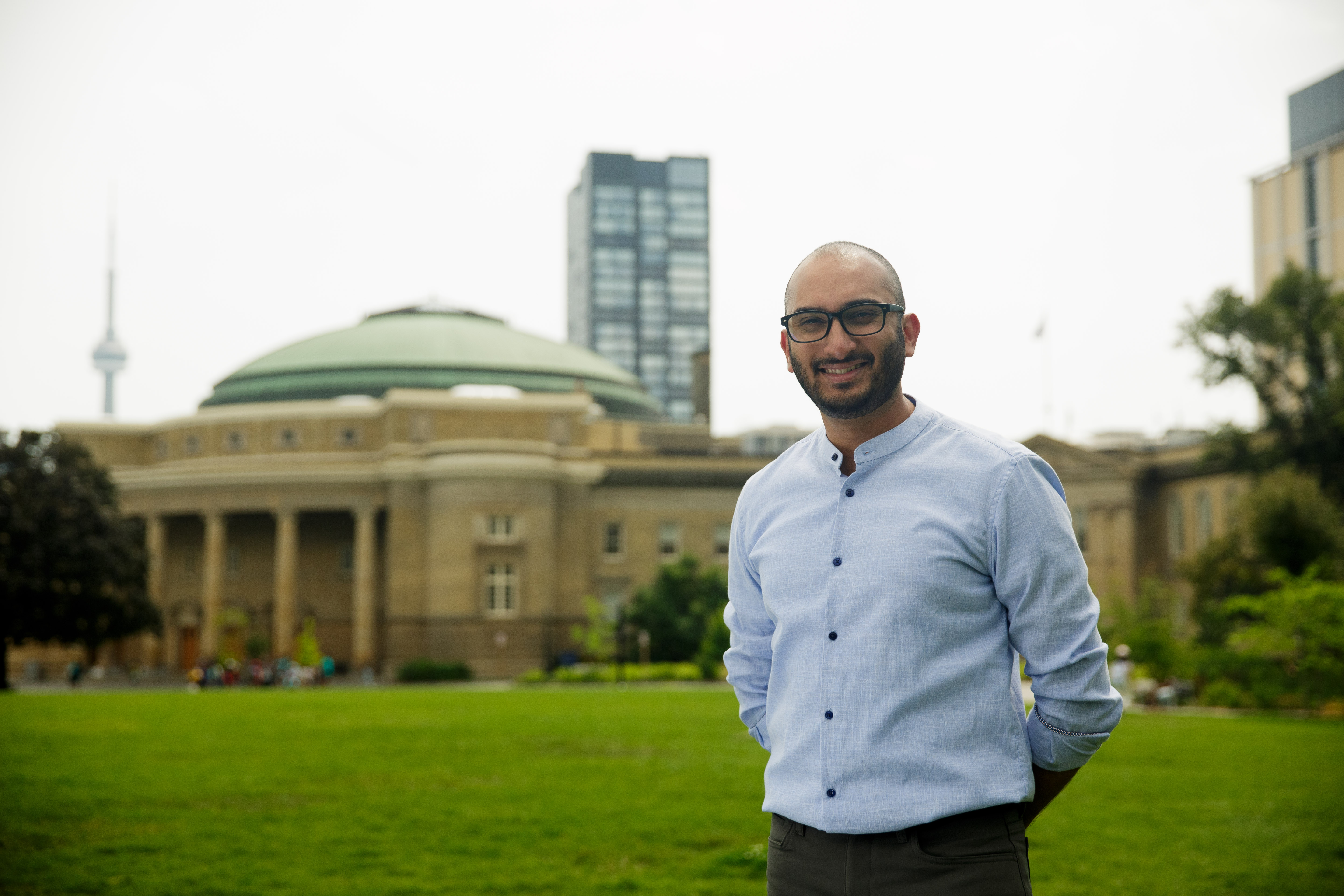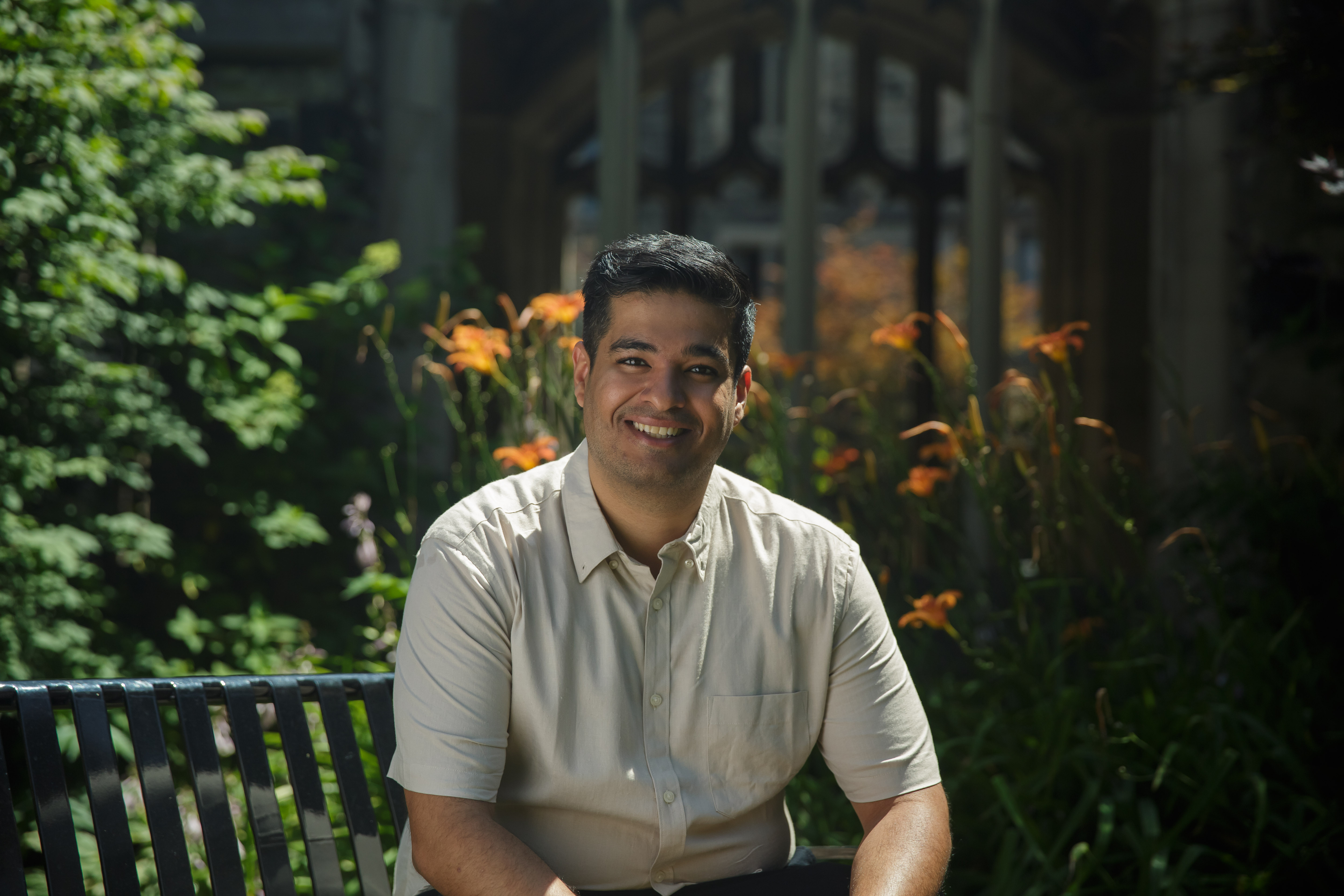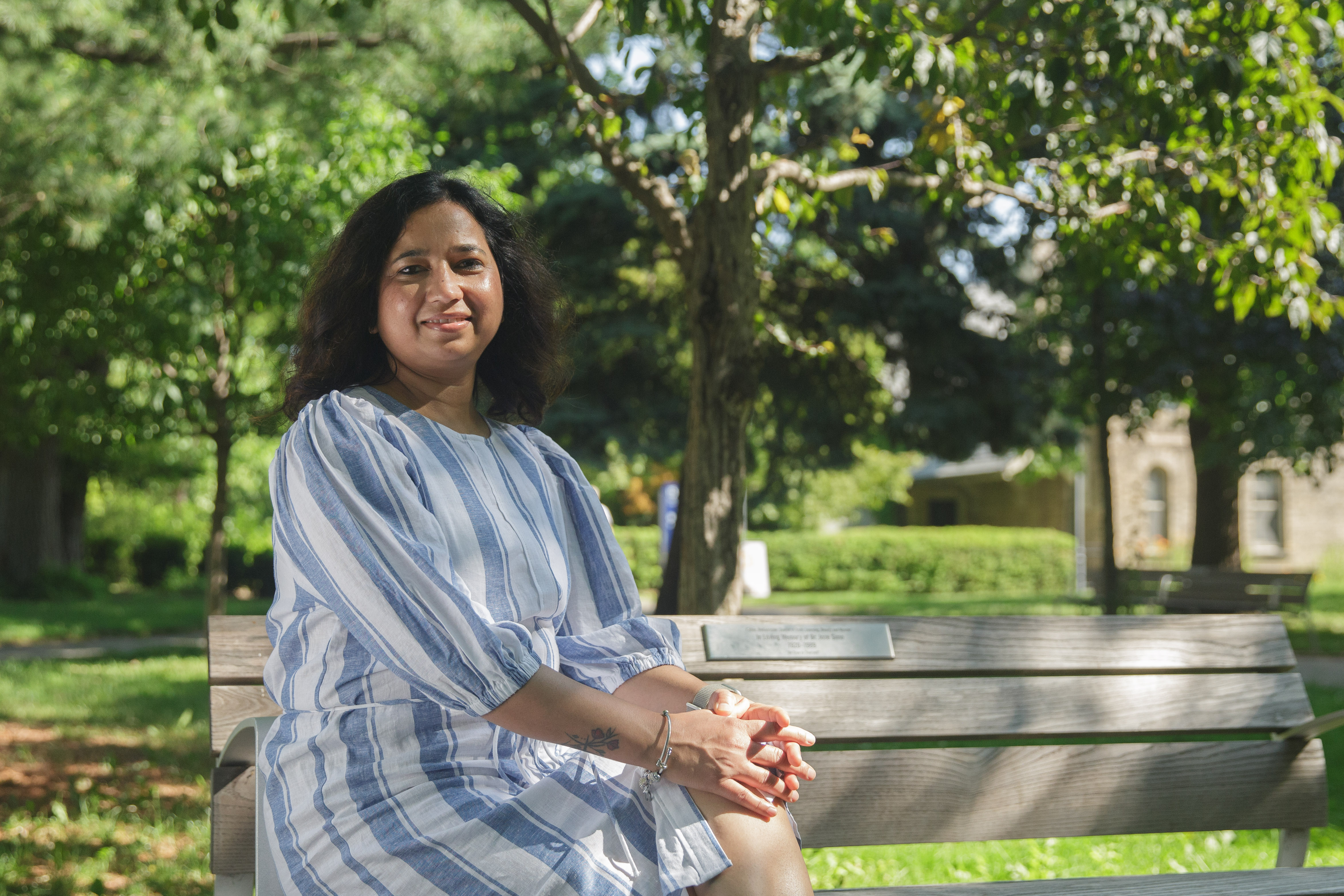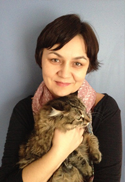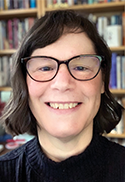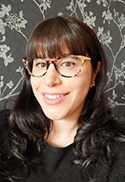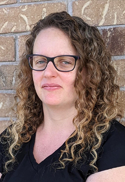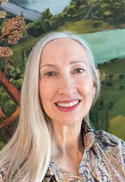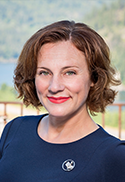
“For me, SCS wasn’t just a place to learn, it was the launchpad for everything that came next.” – SCS learner, Safayat Moahamad
From an early age, Safayat Moahamad was intrigued by AI and cybersecurity. As he grew up and explored these areas, privacy emerged as a natural fit for his interests and legal background, but he struggled to find a program that delved into the skills and knowledge he wanted to develop.
“When the University of Toronto School of Continuing Studies (SCS) launched the Privacy Management in Digital Enterprise certificate, it was exactly what I’d been looking for,” he says.
“When I started the program, I wanted to understand the day-to-day reality of a privacy professional, something I didn't have full visibility into. That insight proved invaluable, allowing me to hit the ground running in my first role. But the most important lesson I took away was the need for a constant learning mindset. Privacy, and the disciplines it touches like AI and Cyber, are evolving at an incredible pace. Staying relevant means embracing continuous learning as part of the job.”
Moahamad’s course instructors brought the industry into the classroom, sharing real-world examples, current events, and regulatory updates.
“Their approach was highly practical. Assignments mirrored real work, from strategy hypotheses to PIAs, and even preparing board-level executive presentations. In fact, I still apply each of these concepts in my day-to-day work,” he says. “They were also exceptionally accessible, both during and after the program. We’ve collaborated on special projects since graduating, and intend to keep working for the privacy cause, closely.”
This practical approach to teaching ensured learners like Moahamad could immediately apply the new skills and knowledge gained in class to help them start or advance their careers.
“The SCS courses were pivotal in launching my career. I started as a Privacy Analyst at BMW Canada immediately after completing the program, and the skills I gained were critical in demonstrating my technical abilities during the interview and executing my mandates with confidence from day one,” Moahamad explains.
Beyond what he learned in class, Moahamad also had the opportunity to build a strong professional network with the help of his instructors. Amalia Barthel introduced him to fellow SCS instructor Carlos Chalico. Together they went on to develop a Privacy Mentoring Program at ISACA Toronto. That collaboration later opened the door to a privacy consulting role on his team at EY Canada.
Encouraged by his instructors, Moahamad remains deeply engaged with professional communities. Since completing his SCS courses, he has gone on to earn the CIPM and AIGP designations from the IAPP.
“These milestones have been possible with the support and mentorship I received from Amalia, Constantine Karbaliotis, and Carlos,” he says.
Currently a Research & Advisory Director at Info-Tech Research Group, where he works closely with C-suite executives, senior leaders, and technical teams to advance privacy, cybersecurity, data and AI governance programs, Moahamad says the skills he learned at SCS are embedded in almost every engagement he leads.
“The strategy hypothesis methodology, in particular, has been invaluable. I have applied the methodology to design an AI Compliance Strategy Framework, which I later co-presented with Amalia and Carlos at the IAPP Canada Privacy Symposium 2025. The program didn’t just give me tools, it gave me a structured way of thinking that I use daily,” he adds.
For anyone hoping to get into the field of cybersecurity and privacy, Moahamad says that in addition to being fluent in governance, risk, and compliance, having a learning mindset is key to thriving. He adds that contributing to community initiatives can set you apart and that IAPP, ISACA, and DAMA are excellent places to start.
“New beginnings rely on strong support systems, and UofT SCS gave me exactly that. The instructors brought deep expertise and genuine mentorship, guiding me through a curriculum that mirrored real-world challenges. That foundation gave me the capability to step into my first privacy role and build a career at the intersection of data, cybersecurity, and AI governance.” Moahamad says.
“For me, SCS wasn’t just a place to learn, it was the launchpad for everything that came next.”
Visit our Privacy Management in the Digital Enterprise page to learn more about this certificate and its related courses.
Visit our Cyber Security Management page to learn more about our cybersecurity certificate and courses.
